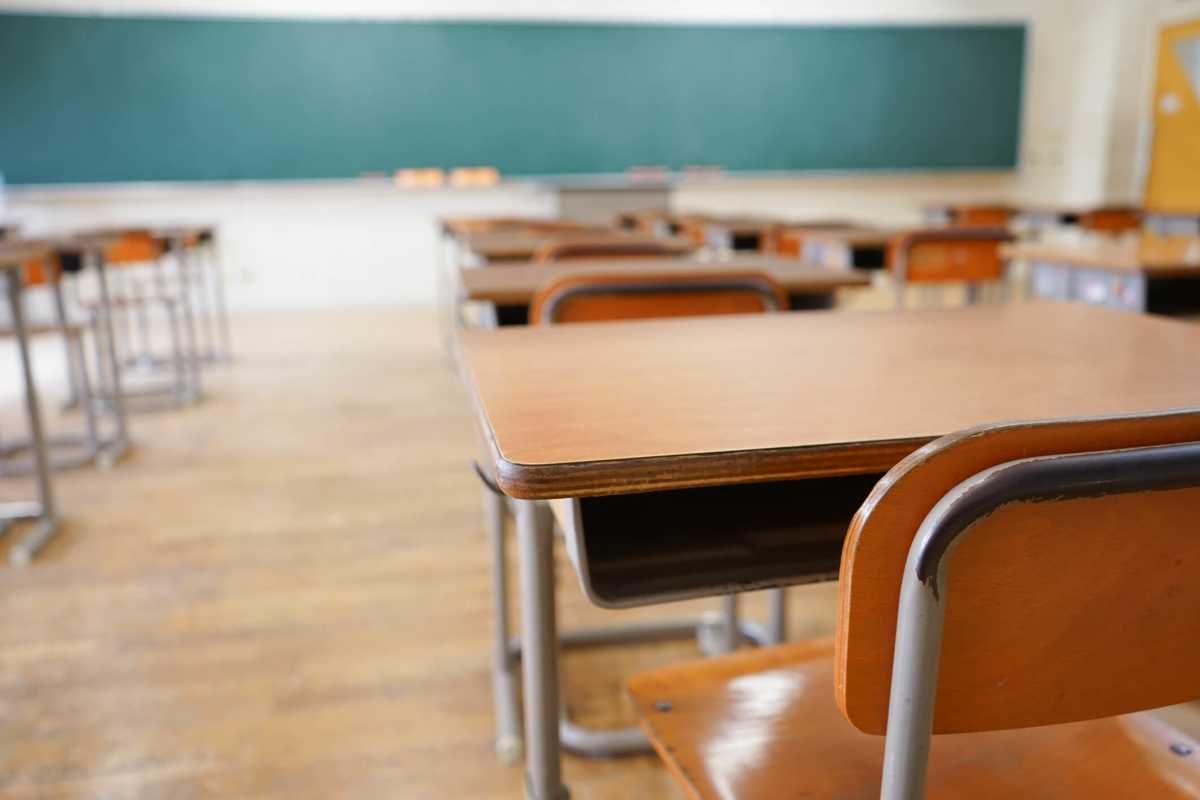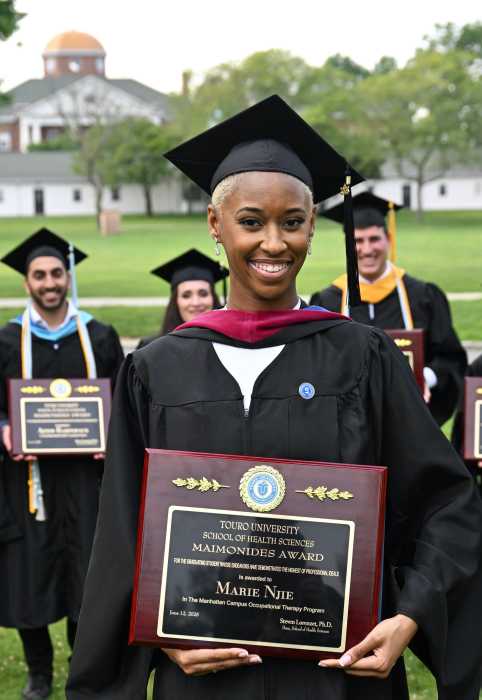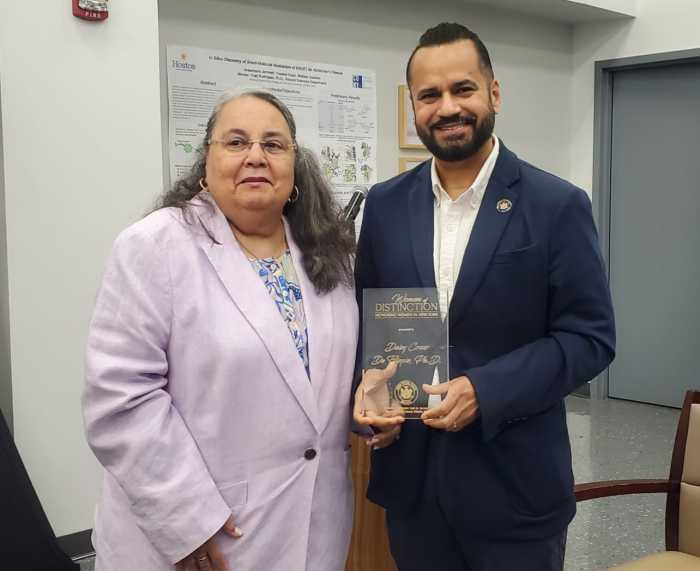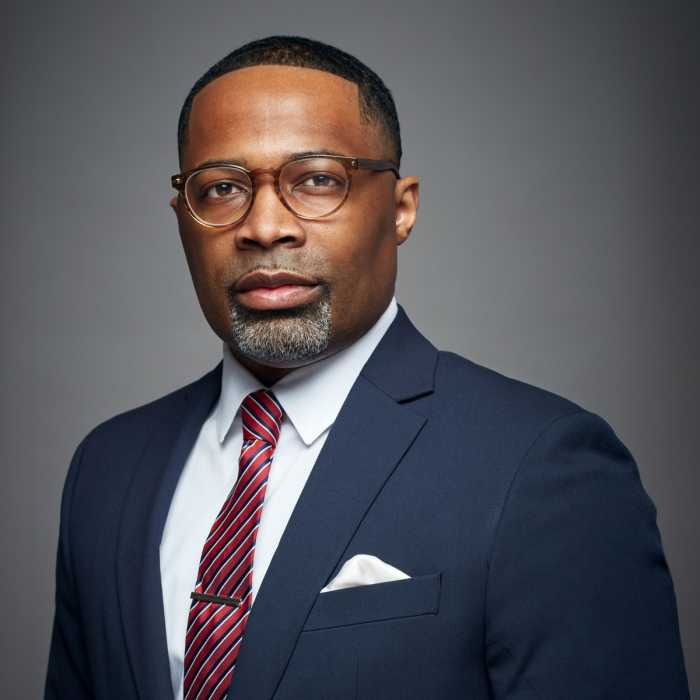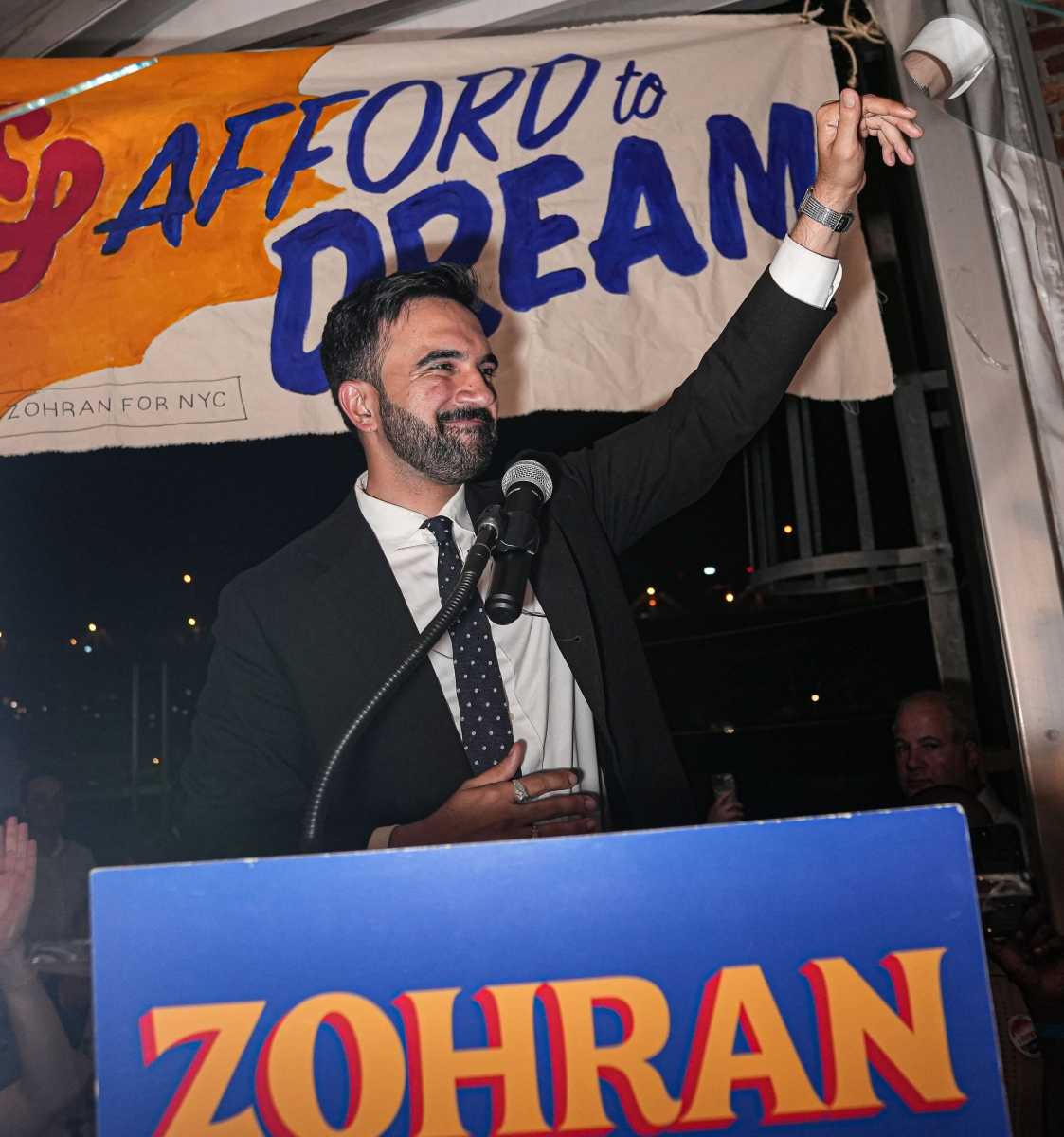Hyper-partisan debates, particularly political conflict over the teaching of race and racism or policies to protect LGBTQ+ students, is posing a harmful effect on U.S. high schools, according to a University of California study that 682 high school principals across the country.
Schools in which two-thirds of the 682 high school principals across the nation interviewed for the report said heated political conflicts are impacting their schools, are located in the U.S. most politically divided congressional districts, where seats can flip from blue to red and vice versa in any given election.
Compared to a similar survey completed in 2018, the principals reported an increase in the number of students making hostile or demeaning remarks to their LGBTQ classmates.
In purple communities — typically termed political swing districts — the percentage of principals reporting such remarks jumped from 10-32%.
According to the study by UCLA and UC Riverside education professors John Rogers and Joseph Kahne, a source of these hyper-partisan conflicts, which often can trickle into school boards and interference in a teacher’s curriculum, are “highly vocal” but “often misinformed” parents.
“I’m not talking about parents voicing their opinions. Hostile and threatening statements are being made,” Kahne said. “Those sorts of dynamics actually make it harder for schools to do what they need to do to prepare young people.”
Kahne also points a blame at conservative national political or interest groups, who attend local school board meetings and distribute misinformation and refused to acknowledge accurate information.
For months now, school boards across the nation have been the center of angry protests and violent threats, “culture wars” over the COVID-19 vaccine, the rights of transgender and gay students and critical race theory, the oft-misunderstood concept examining the role of institutional racism in American history.
School board meetings vary in scope or size depending on the district, but they have historically been a sparsely-attended events.
“School board meetings will draw 10, maybe, 15 people on a good day, and we’re discussing usually very hyper-specific issues that affect our students and our operations,” said one Bronx superintendent to the Bronx Times. “In my district, we have seen some more extreme parents tells us that they think we’re ‘indoctrinating’ our students to hate America, and hate white people … It’s been a jarring and uncomfortable shift to say the least.”
Kahne believes the shift in vitriolic school board meetings, occurred at time when a decline in trust in government and civility in public discourse ballooned under former President Donald Trump’s administration.
“After the COVID-19 pandemic began, school board meetings became focal points of passionate debate about if, when, and how schools would reopen. Then came cultural war attacks on curriculums that covered racial histories and experiences, policies related to LGBTQ student rights, and access to certain library books,” the report reads.
In response, according to the study some educators have modified their lesson plans in civics, politics and the history and experiences of America’s minority communities, among other topics now deemed to be too controversial for the classroom.
The study believes that the rise of hyperpartisan conflict, which has included rising incidents of verbal harassment of LGBTQ students and teachers, will lead to a depleted education workforce.
Elections have become so vitriolic and divisive that the National School Boards Association even asked for help from the federal government to investigate threats made to school board members and administrators.
Reach Robbie Sequeira at rsequeira@schnepsmedia.com or (718) 260-4599. For more coverage, follow us on Twitter, Facebook and Instagram @bronxtimes.

